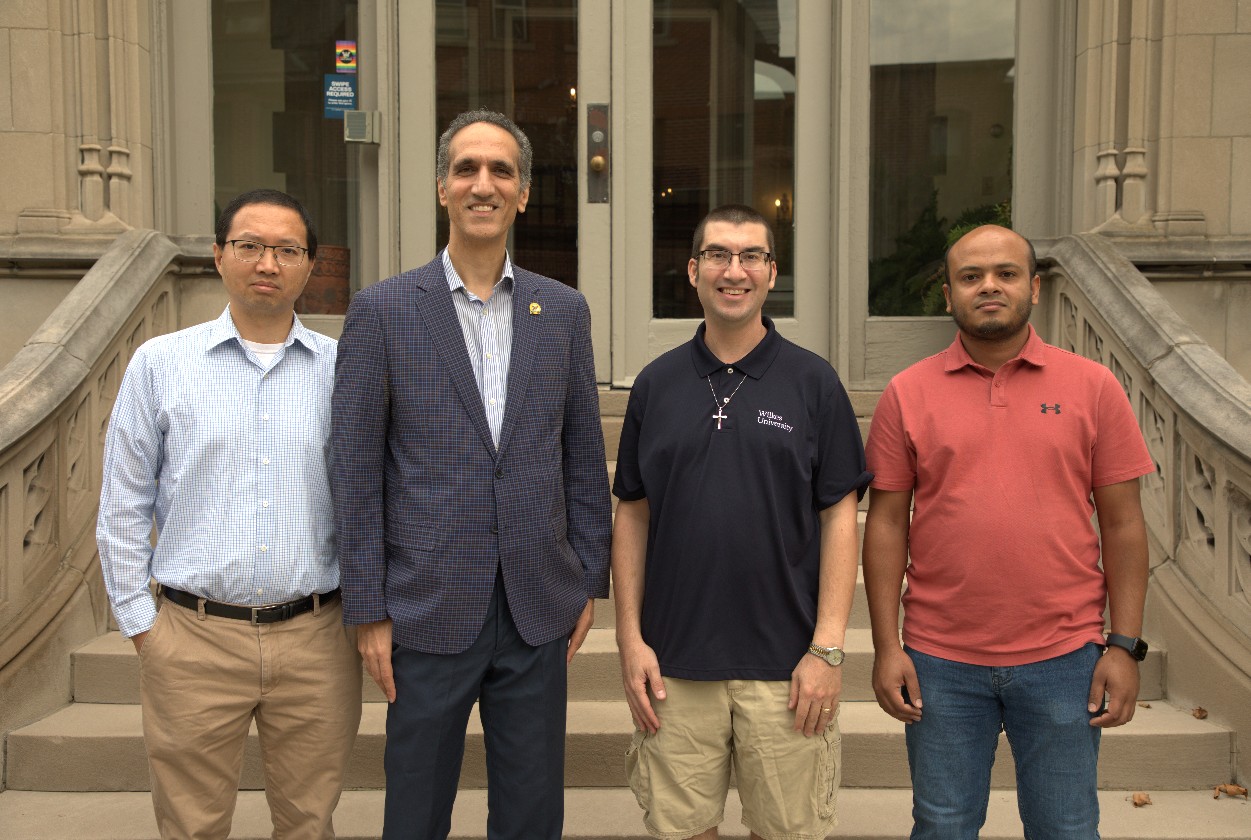A new research center at Yale University aims to develop strategies for promoting healthy aging among individuals living with HIV. The center, named the Aging Well with HIV Through Alcohol Research and Risk Reduction and Education (AWAR3E), is supported by a five-year grant from the National Institute on Alcohol Abuse and Alcoholism.
Led by Dr. Amy Justice, a professor of internal medicine and public health, the center will address the unique health challenges faced by the growing population of older adults living with HIV. Justice emphasized the importance of this initiative, stating, “There are more people aging with HIV now than ever before, thankfully, because we have therapy to suppress the virus and to extend people’s life expectancy.”
As advancements in medical therapy have improved life expectancy for those living with HIV, they remain at a heightened risk for various age-related medical conditions, including cancer, cardiovascular disease, and diabetes. The AWAR3E center seeks to understand these vulnerabilities and to enhance care for this demographic.
Exploring Factors Influencing Aging
Justice pointed out that HIV not only causes immune dysfunction but does so in a pronounced manner, which can be exacerbated by factors such as continued substance use, co-infections like hepatitis C, and socioeconomic disadvantages. The center will investigate how these elements contribute to premature aging.
The initiative builds on the work established by the Veterans Aging Cohort Study (VACS), which Justice founded to examine the effects of alcohol consumption on aging in both HIV-infected and uninfected populations. VACS has accumulated over two decades of data from approximately 13.5 million individuals, providing a valuable resource for this new center.
Justice noted that the team has developed a network of interdisciplinary experts, including Dr. Julie Womack, who has researched fall prevention among older adults with HIV, and Dr. Vincent Lo Re, who brings expertise in various health domains related to aging.
Collaborative Approach to Research
Developing the grant proposal for the AWAR3E center was a significant undertaking that required collaboration among team members. Womack highlighted the importance of maintaining a timeline and regular meetings to ensure the grant was completed on schedule, beginning their work in January 2024.
Despite the challenges, Womack expressed enthusiasm about the interdisciplinary nature of the project, which includes input from various stakeholders within the HIV community and related healthcare providers. “The opportunity to work with all these different people who have all these different interests and all these different lenses on the problem was just fascinating,” she stated.
The AWAR3E center’s primary focus includes investigating the role of stress, particularly from alcohol use and socioeconomic factors, in contributing to premature aging. Justice explained that chronic inflammation is often linked to premature aging, which can be influenced by various lifestyle factors such as obesity, poor diet, sedentary behavior, and stress.
One of the center’s key projects will explore biological markers of stress and inflammation in people living with HIV. This research aims to determine whether the presence of viral reservoirs—traces of the virus that can remain in the body even when HIV is under control—contributes to stress and inflammation.
Another aspect of the research involves studying how age-related health issues, such as falls, fractures, and cognitive decline, correlate with socioeconomic disadvantages.
Lo Re emphasized the dual goals of the center, stating that beyond advancing scientific knowledge, it will also serve as a platform for mentoring new researchers in the field of alcohol and HIV/AIDS research. He stated, “One of the big benefits of our new center is that it will nurture the generation of significant research in alcohol-HIV/AIDS research.”
Womack added that an essential component of the center’s work will be dissemination of findings to ensure that relevant insights reach patients, clinicians, and community organizations. A designated core group will focus on strategizing how to effectively share information from the various projects.
According to the Centers for Disease Control and Prevention, approximately 1.2 million people in the United States are currently living with HIV, highlighting the urgency and importance of research initiatives like the AWAR3E center. The team is poised to make significant contributions to understanding and improving the health and well-being of older adults living with this condition.







